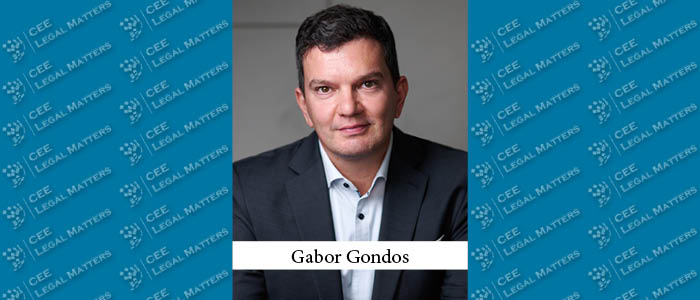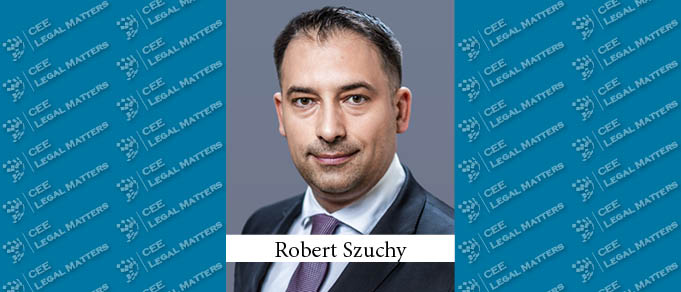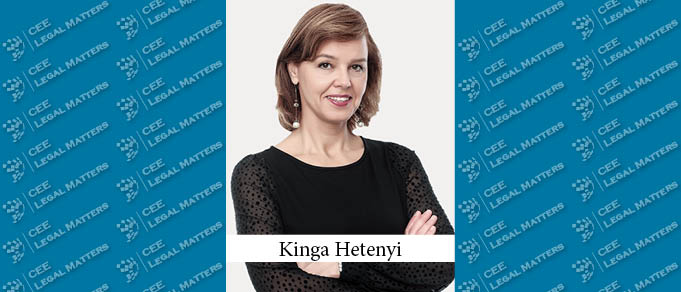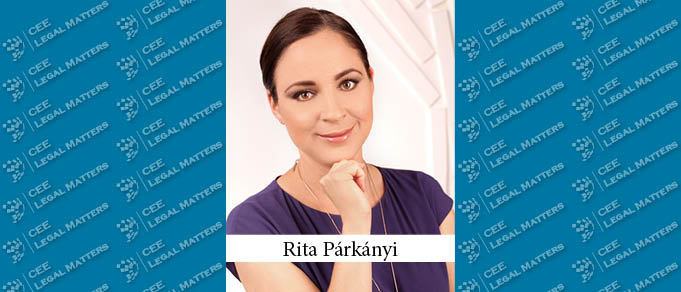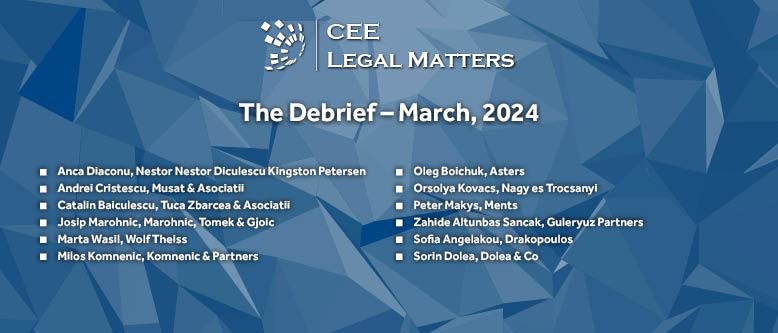Hungary’s litigation landscape was shaped by the economic trends, domestic legal reforms, and global crises of the past 10-15 years. From the 2008 economic crisis to the implementation of the new Civil Procedure Code in 2018 and the transformative effects of the COVID-19 pandemic, it has been a rollercoaster ride.
Adapting to New Trends in the Labor Market
The waves of the COVID-19 pandemic, although hitting the population quite hard, served as an impetus for employees seeking refuge in home office.
The Spectrum of Hydrogen: Unravelling the Meanings Behind Its Colors
In the burgeoning landscape of alternative energy, hydrogen emerges as a beacon of hope, championing the transition toward a cleaner, more sustainable future. However, not all hydrogen is created equal, and the color code attributed to its production process not only paints a picture of its environmental footprint but also hints at the broader implications for our global energy matrix. This article delves into the colorful world of hydrogen, exploring the significance and implications of its diverse hues.
Hungarian Webshops to Offer Delivery by Hungarian Post
From 28 March 2024, businesses operating in Hungary will be required to offer services by the state-owned enterprise Hungarian Post ("Magyar Posta") as a delivery option for consumers using their online stores. The text of the new provision is concise and has raised several questions.
Did You Know: Q1 Leaderboards and DOTY Awards
Did you know that the CEE Q1 leaderboards are available through the Activity Rankings function of the CEELMDirect website?
Miklos Klenanc Joins Schoenherr To Lead Budapest M&A Practice
Miklos Klenanc – a former Attorney at Law with PwC Legal in Hungary – has joined the Budapest office of Schoenherr as a Senior Attorney at Law to lead the firm's local M&A practice.
Recent Changes in Hungarian E-Commerce and Consumer Protection Regulations
Since early 2024, Hungarian legislative efforts have brought about several updates to consumer protection regulations. Ranging from novelties in consumer complaints and related processes, increased consumer protections fines, expanded rights of the consumer protection and competition authority to an unexpected obligation imposed on e-commerce providers to include the local postal delivery provider as a delivery option, changes to the sector have been diverse.
Schoenherr Advises MET on Purchasing 52 Hectares in Kaba
Schoenherr has advised Switzerland-based MET Group subsidiary Oberon Solar Park on its acquisition of 52 hectares of land in Kaba, eastern Hungary. Sole practitioner Zsolt Gaal reportedly advised an undisclosed agricultural entrepreneur on the sale.
Viktor Jeger Moves to Lakatos Koves & Partners
Former Nagy & Trocsanyi Partner Viktor Jeger has joined the Lakatos Koves & Partners Dispute Resolution team.
Hungarian Legislation Reform Related to Centralised Procurement for Institutional Pharmacies
The governmental decree published on 22 February (No. 33/2024 (II. 22.)) sets forth the establishment of a new project company to manage the provision of inpatient pharmaceuticals in all public hospitals, as well as those private hospitals that choose to join the initiative. The Decree is a follow up to the amendments in the Medicines Thrift Act (Act XCVIII of 2006) from July 2023, which stipulated the basic conditions for a “unified institutional pharmacy service” for public hospitals. The project company shall be operational from January 2025.
Hungary Takes a Look at AI: A Buzz Interview with Rita Parkanyi of KCG Partners
New technologies, spearheaded by artificial intelligence, are shaping the legal dialogue surrounding innovation, consumer protection, and the integrity of market competition within Hungary and the European Union as a whole according to KCG Partners Founding Partner Rita Parkanyi.
Herbst Kinsky and Schoenherr Advise on Swisspor Acquisition of Creaton Polska, Creaton SEE, and Creaton Steildach
Herbst Kinsky, working with Orrick, has advised the Terreal Group and its main shareholders on the antitrust aspects of the full sale of its businesses in Poland, Hungary, and Austria to Swisspor. Schoenherr advised Swisspor Holding on the acquisition.
Deloitte Legal Advises IPCOM on Acquisition of Dualinvest
Deloitte Legal has advised IPCOM on the acquisition of Hungary's Dualinvest.
The Debrief: March 2024
In The Debrief, our Practice Leaders across CEE share updates on recent and upcoming legislation, consider the impact of recent court decisions, showcase landmark projects, and keep our readers apprised of the latest developments impacting their respective practice areas.
The Corner Office: 2024 Wishes and Perils
In The Corner Office, we ask Managing Partners at law firms across Central and Eastern Europe about their backgrounds, strategies, and responsibilities. As we bid farewell to 2023, this time around we turn our attention forward: What is your one main wish for 2024 and what do you see as the biggest potential risk?
Looking In: Interview with Jonathan Marks and Richard Jones of Slaughter and May
In our Looking In series, we talk to Partners from outside CEE who are keeping an eye on the region (and often pop up in our deal ticker) to learn how they perceive CEE markets and their evolution. For this issue, we sat down with Slaughter and May Partners Jonathan Marks and Richard Jones.
Hungary: A General Overview of the Current Solutions for Insolvency in Hungarian Law
If someone is unable to pay their outstanding and due debts (or is just partly able to do so), that person is considered insolvent. This applies to companies and to natural persons as well. The number of companies that had to cease operations because of insolvency increased in 2023. Although the Hungarian legal environment provides several solutions to this problem, these have different effectiveness and have different consequences for both debtors and creditors. Below is a general overview of the four typical procedures for dealing with insolvency in the current Hungarian law.
Fake Environmental Awareness, or the “Green Washing” Phenomenon According to the Hungarian Competition Authority
Today, more and more companies are trying to convince consumers with the pretence of a sustainable future and environmental awareness. However, in many cases, there is no real responsibility behind such marketing activities, which are simply intended as an effective advertising ploy to make green claims.


